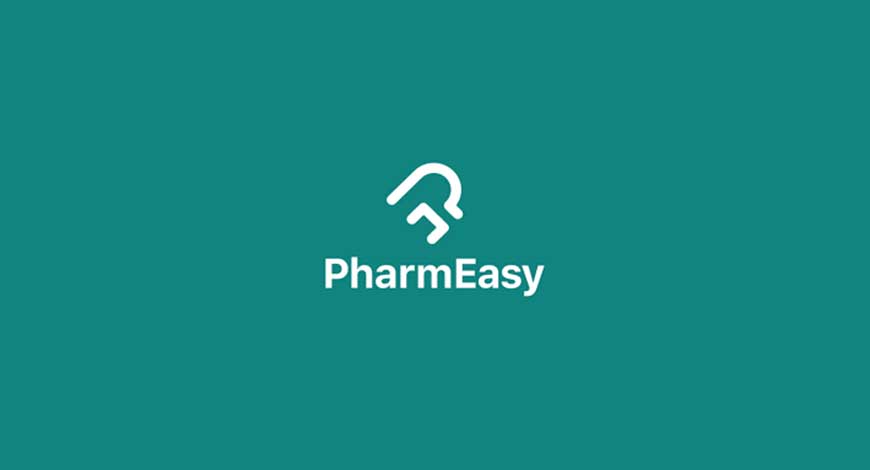Daily News
PharmEasy’s downround to trigger anti-dilution clauses in investors’ agreements

Healthtech startup PharmEasy is set to take a 90% cut in valuation in an upcoming internal funding round.
This is set to trigger anti-dilution clauses present in several of its investors’ agreements, as venture capital funds, private equity investors and angels scramble to secure their interests.
Background
PharmEasy is set to undertake a downround, which is when a startup raises funds at a lower valuation than its previous round.
The rights issue will see the e-pharmacy company’s shares being valued Rs 5 apiece, giving it a valaution of around $500 million, down from the $5.6 billion valuation it once commanded. It had issued shares north of Rs 50 apiece then, according to people from the industry, who are familiar with the matter.
The startup’s downround, the first such for a prominent Indian unicorn, is set to result in massive value erosion for its investors, that include Orios Venture Partners, B Capital Group, Eight Road Ventures, Bessemer Capital, Temasek Holdings Pvt. and TPG Inc.
However, the downround is crucial for PharmEasy if it intends to stay afloat. The proceeds from the Rs 2,400-crore fundraise are intended to service debt that the startup took from Goldman Sachs last year.
It wouldn’t have had to take that debt, had its initial public offering been successful in 2021, at the peak of the Indian tech market, when the first wave of startups were listing on Indian bourses and private market valuations soared.
API Holdings Ltd., the parent company of PharmEasy, had hoped to pay off a large chunk of its total debt, which stood at around Rs 2,500 crore, from the proceeds of its Rs 6,250 crore IPO. But, the plan was kept on hold due to weak market conditions.
Downround impact
Cut to present day, the downround, if and when it goes through, will trigger anti-dilution provisions in the contracts of its investors.
Anti-dilution provisions are clauses that are meant to protect existing investors from future rounds at a valuation which is lower than the valuation which they had invested in.
The company, in effect, compensates these investors by rewarding them with extra shares.
“There is obviously uneasiness with respect to the fact that the valuation of the company erodes with a downround and the exit value gets impacted,” said Harshita Srivastava, co-head at Nishith Desai Associates, a Mergers and Acquisitions and PE practice.
“But if the investors have instruments with anti dilution rights, they will be entitled to additional shares, thereby protecting the value of their investments, although at the cost of significant dilution of founders and employees stake,” she said.
However, the calculations of how many shares which investor gets can get “mind-boggling”, according to Deepak Joyce, the founder of JoyceLaw, a boutique law firm focused on startups.
“These can be very complex transactions. Moreso if the valuation breaches multiple rounds. In this case, the rights issue is being done at a valuation, which is 10% of the previous valuation. It’s possible that the valuation held up to the previous three rounds is breached. Assuming there are standard anti-dilution rights, whichever rounds’ price has gotten breached, investors will get anti-dilution shares,” he said.
However, Joyce said there won’t be a whole lot of negotiations, barring one possibility. “It’s all written in these contracts. Unless there’s an early stage investor, who would have entered the company with a few million dollars. Capital investment wouldn’t have been very high but the value of the invested capital would’ve grown to an exponential multiple.”
Today, Joyce said, if there’s a situation where the company has enough residual value to get back value, “such an investor could play hard ball to get an exit. It would be quite an aggressive position for an investor to take”. But an early investor could do that, he said.
Investor sentiment
PharmEasy’s rights issue will likely see participation from the MEMG Family Office, who may invest Rs 1,000 crore for an 18% stake in the startup, according to sources familiar with the matter.
The MEMG family office has been set up by Manipal Education and Medical Group’s billionaire Chairman Ranjan Pai. He did not formally comment on the development.
The possible deal comes about three months after Temasek is set to take control of Pai’s Manipal Health Enterprises Pvt., by acquiring an additional 41% stake in the multi-speciality hospital chain.
Arokiaswamy Velumani, the founder of Thyrocare, which was acquired by PharmEasy in 2021, has invoked anti-dilution rights ahead of the downround, according to a person familiar with the terms.
Velumani owns around 5% in PharmEasy, and anti-dilution rights mean his fortunes won’t be impacted for now.
Aniruddha Malpani, angel investor and founder of Malpani Ventures, said PharmEasy is “very attractive if it’s available as a distressed asset.”
“People need to be willing to take haircut and if it’s not available as a distressed asset, then it’s better to let it die,” he said.
A downround is the only good outcome in this case, according to Malpani. “It’s the definition of a business cycle. The bubble has to burst.” He quoted Stein’s law, adding, “if something cannot go on forever, it will stop.”
“Who knows what is going to happen after five years. If Manipal actually pumps in the money, and PharmEasy cleans up its act, maybe good things will happen.”
Queries sent to PharmEasy’s founders did not get a response at the time of publishing this report. BQ Prime














